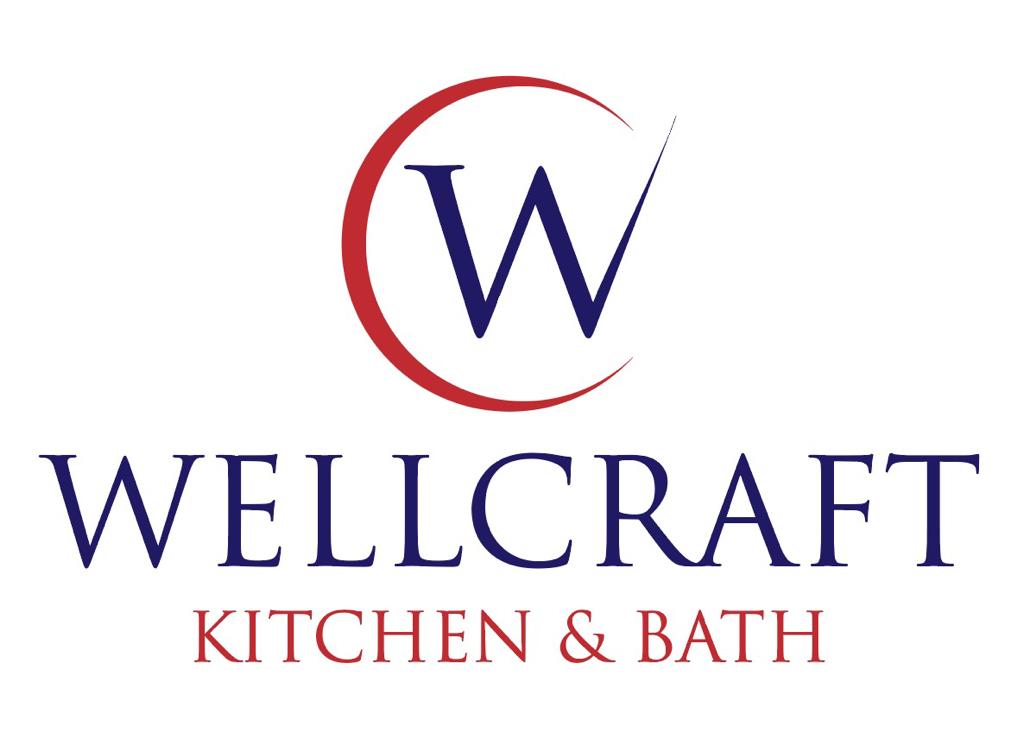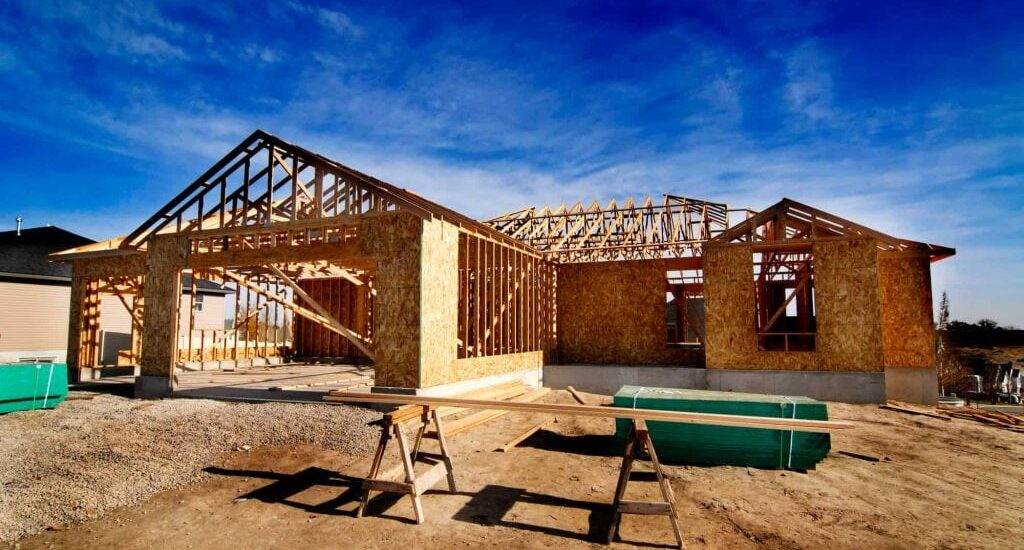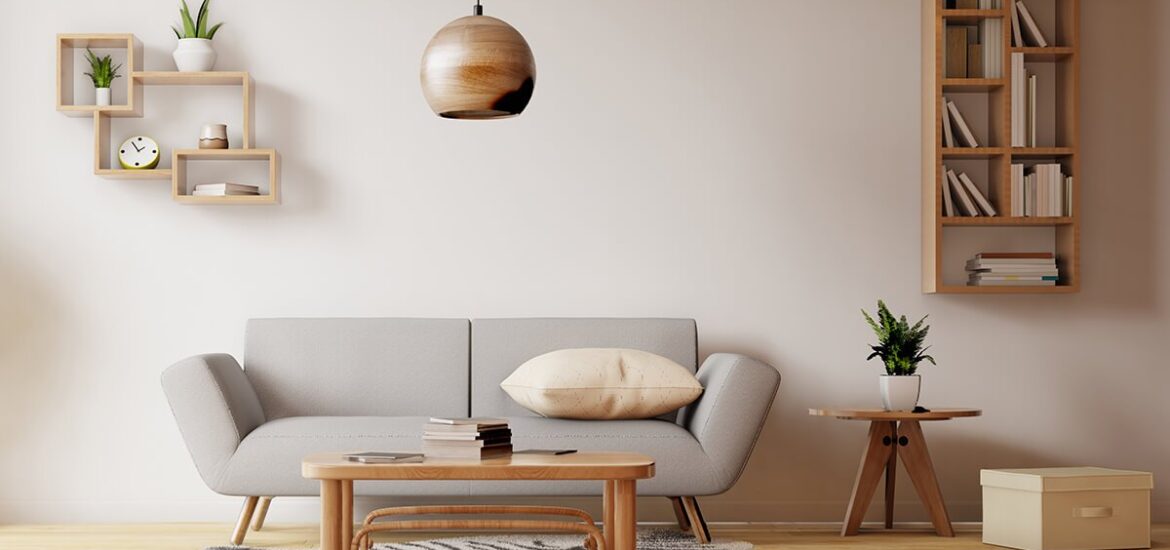The average cost to build a house can vary greatly depending on the location, size, features and design you choose. In the state of Virginia, one of the most popular places on the East Coast to build a new home, the average cost falls around $190 per square foot according to industry data. Whether you’re just starting your research or ready to break ground, the following breakdown of build a house in Virginia expenses will help you better understand what to budget for your new dream home.
How Much Does It Cost To Build A 2000 Square Foot House in Virginia?
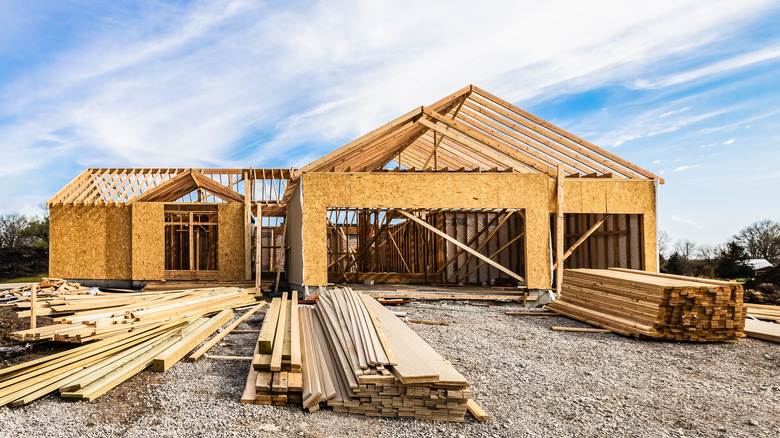
The average cost to build a 2000 square foot house in Virginia is around $380,000. That works out to around $190 per square foot. Build a house in Virginia cost includes things like materials, labor, permits, and other construction expenses. It can vary depending on where in Virginia you build, what materials you use, and any special features you want. Generally speaking though, a 2000 square foot home will cost around $380,000 on average.
Is It Cheaper To Build Or Buy A House in Virginia?
In most cases, it is actually cheaper to buy an existing house rather than build a new one in Virginia. Building a house from the ground up can easily cost over $400,000 once you factor in the land, construction costs, permits, and other expenses.
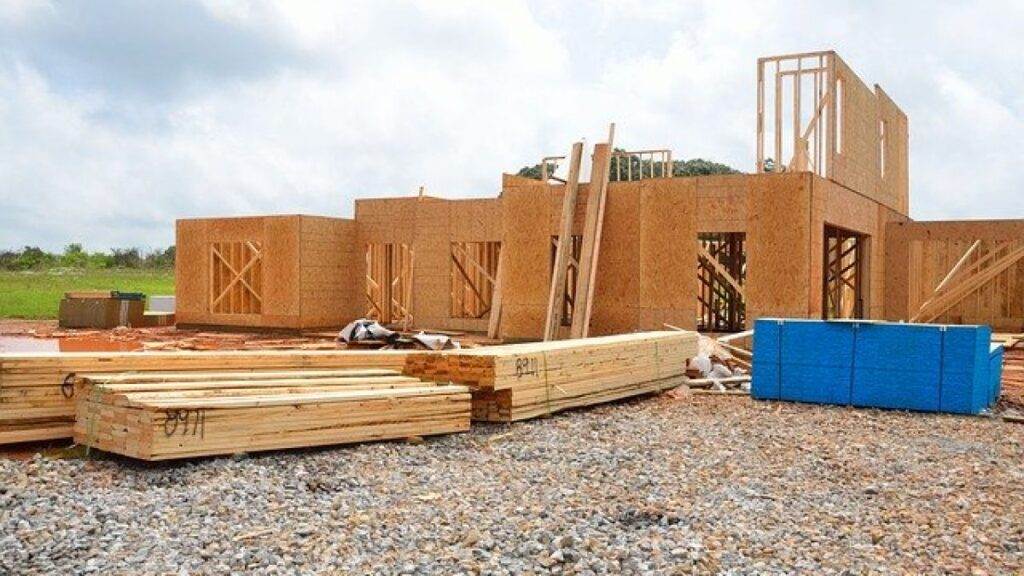
Meanwhile, the average price of an existing home for sale in Virginia is around $330,000. So right off the bat, buying is likely to save you tens of thousands compared to building. Building also takes 9-12 months typically, while you can move into an existing home in just a few weeks after purchase. So buying is often more affordable and faster than building, making it the better choice for many homebuyers in Virginia.
How Much Does It Cost To Build A Modern House in Virginia?
Building a modern style house in Virginia usually costs 15-20% more than a traditional style home. Modern architecture utilizes a lot of unique materials like steel, floor-to-ceiling glass, and open floor plans which drives the cost up compared to stick-built homes. On average, expect to pay around $220-250 per square foot to build a modern style house in Virginia.
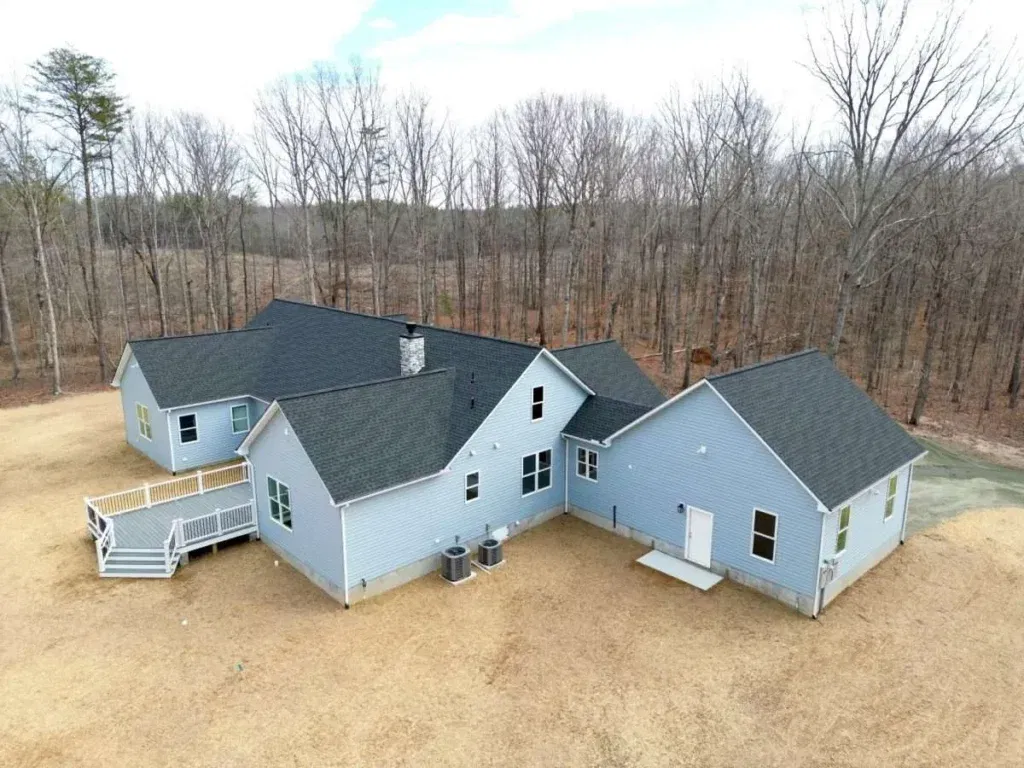
Build a house in Virginia equates to around $440,000-$500,000 for a 2000 square foot modern home. The cost could be a bit higher or lower depending on design features, quality of materials, and location within the state. But in general, plan on shelling out at least 15% more than a traditional house to achieve a sleek, modern design and aesthetic.
How Much Does It Cost To Build A 2000 Sq Ft House in West Virginia?
West Virginia neighbors Virginia, so building costs are very similar between the two states. The average price to build a 2000 square foot house in West Virginia is also around $380,000. Construction labor rates and material prices don’t vary too much whether you build just over the border in West Virginia versus Virginia.
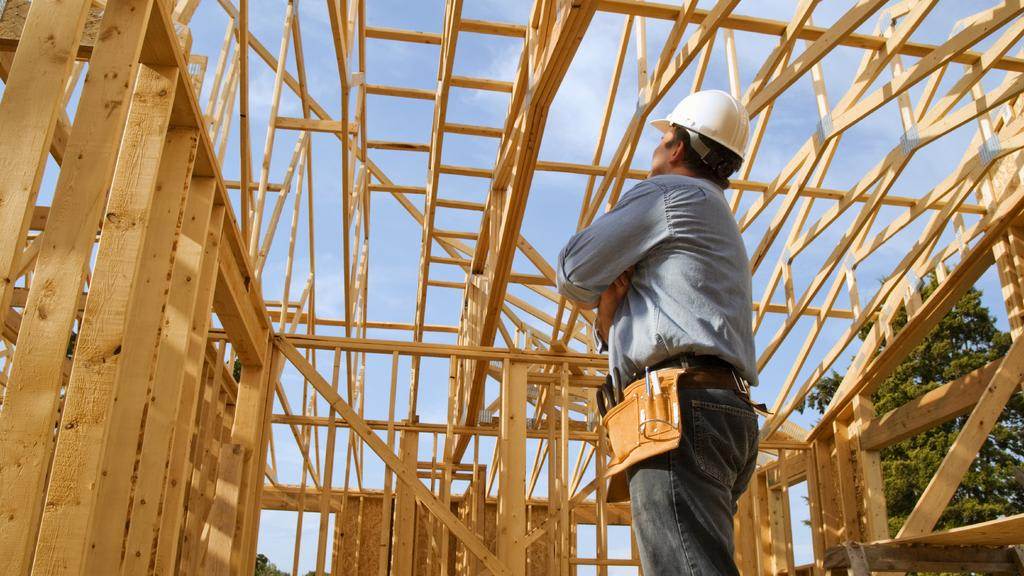
The main cost differentiators would be things like land prices, local permit fees, and infrastructure development costs which can fluctuate a bit between counties and cities in both states. But overall, expect to pay about $190 per square foot, or $380,000 total, to construct a 2000 square foot home in either Virginia or West Virginia.
How Long Does It Take To Build A House in Virginia?
On average, it takes 9-12 months to build a house in Virginia from the ground up. There are a few key steps and how long each one takes:
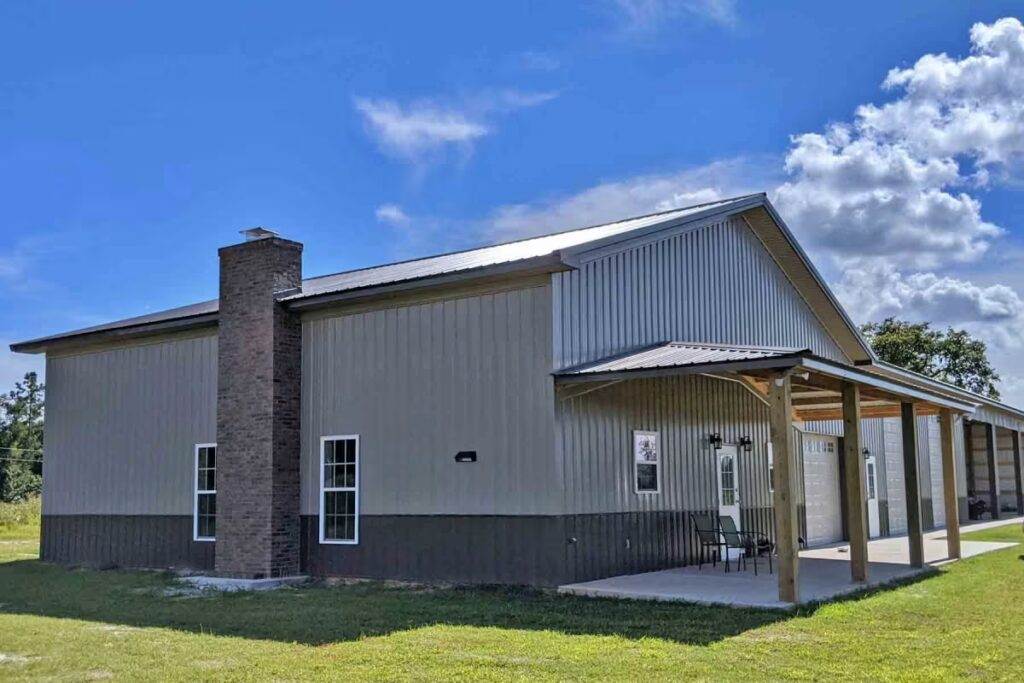
- Design & Permitting: 2-3 months
- Site Work & Foundation: 1-2 months
- Framing: 2-3 months
- Mechanical, Electrical, Plumbing Systems: 1-2 months
- Exterior Finish Work: 1-2 months
- Interior Finish Work: 2-3 months
Keep in mind, custom designs or large, complex houses may take on the longer end of that 9-12 month time frame. But a production builder constructing basic floor plans can sometimes complete construction in as little as 6 months. Either way, plan for at least 9 months to take on a new home construction project from start to finish here in Virginia.
What is The Cheapest House To Build?
Generally speaking, the cheapest type of house to build is a basic single-story ranch home with a slab foundation and simple stick-built construction. Here are some estimates for building a very basic, low-cost home:
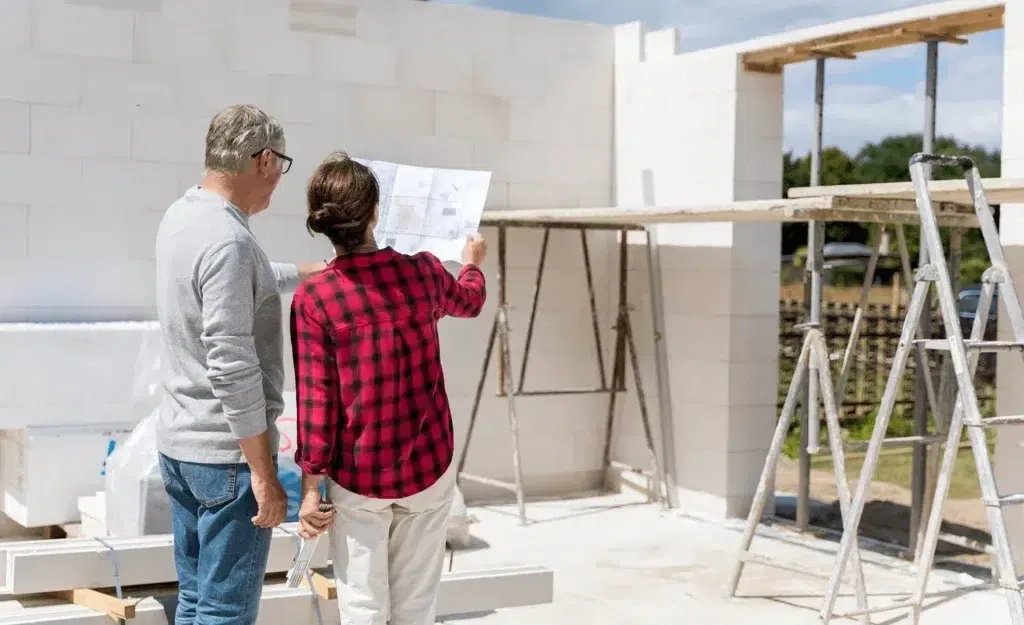
- 1000 square foot single story ranch: $150,000-200,000
- 1200 square foot single story with basement: $175,000-225,000
- 1500 square foot 2-bedroom 1.5 bath home: $200,000-250,000
To keep costs low, opt for lower-end finishes and materials rather than luxury items. Focus on function over form with a simple, straightforward design. Building small also helps save versus larger square footage. With some compromises on features and space, it’s possible to construct a very basic house for under $200,000 in many parts of Virginia.
How Much Does It Cost To Build A House On Your Own Land in Virginia?
If you already own a parcel of land, it will reduce the overall cost of building significantly versus purchasing land and building. Not having to pay the elevated price of a lot or acreage saves tens of thousands of dollars right off the bat.
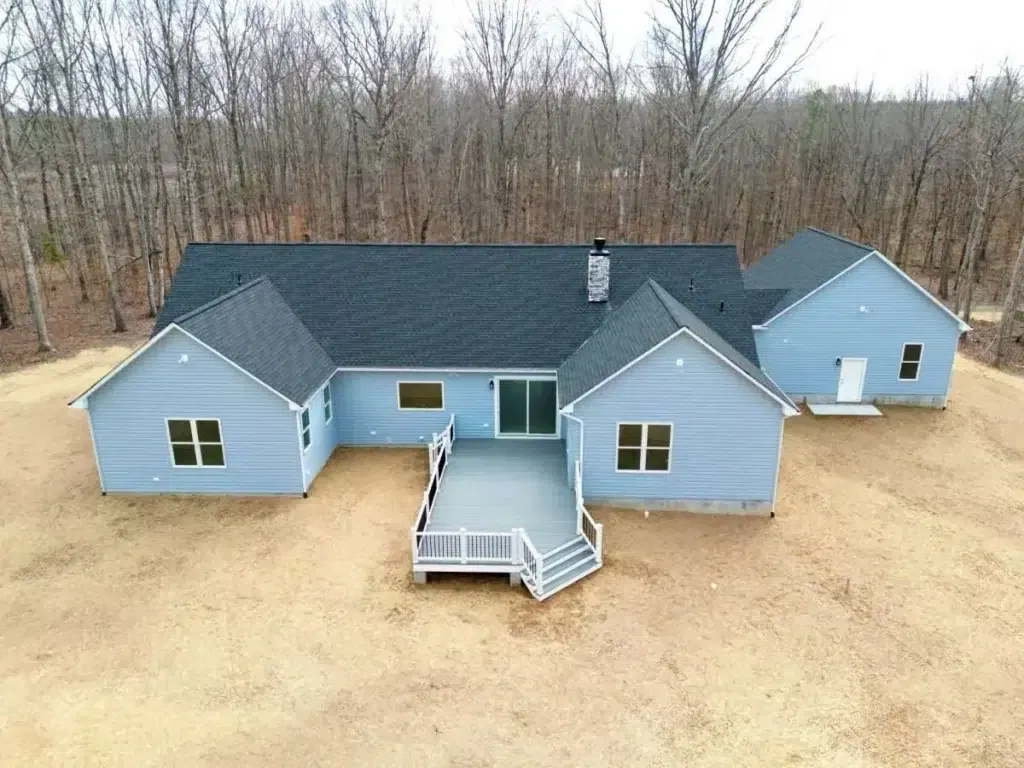
Assuming the land is graded and has utilities hooked up, the average cost to just construct a house on your own land in Virginia is around $150-175 per square foot. For a 2000 square foot home, this equates to $300,000-$350,000, which is $30,000-$80,000 less than building on a purchased lot. Owning the property underneath brings the build a house in Virginia down considerably.
Why Are Houses So Expensive in Virginia?
There are reasons why housing prices are higher, in Virginia compared to other regions of the country;
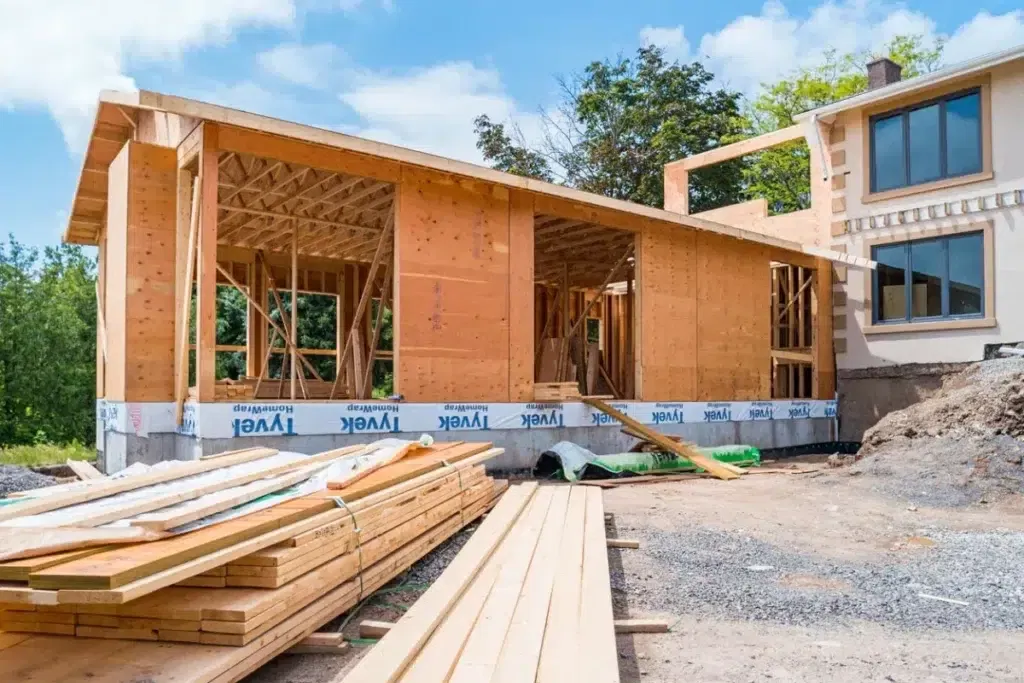
- Land Costs; The cost of developed land near important job hubs like Northern Virginia is high due to limited availability leading to increased prices. Additionally challenging terrain adds to the expenses of preparing land for construction.
- High Demand; Northern Virginia experiences an influx of people relocating for defense, government and technology related employment opportunities. This continuous demand drives prices higher.
- Construction Expenses; Virginia has elevated wage rates for construction workers resulting in construction costs. Transportation expenses for building materialsre increased due to long distances from suppliers.
- Stringent Regulations; Extensive permitting procedures and standards raise the costs for builders, which are ultimately passed on to homebuyers. Environmental regulations also restrict the availability of housing sites.
- Property Taxes; Virginias tax rates exceed the average contributing to the overall cost of homeownership.
All these factors collectively contribute to Virginia having some of the real estate markets, on the East Coast particularly in its northern regions.
Is Virginia A Good State To Buy A House?
Virginia is widely regarded as a state to consider when looking to purchase a home for important reasons;
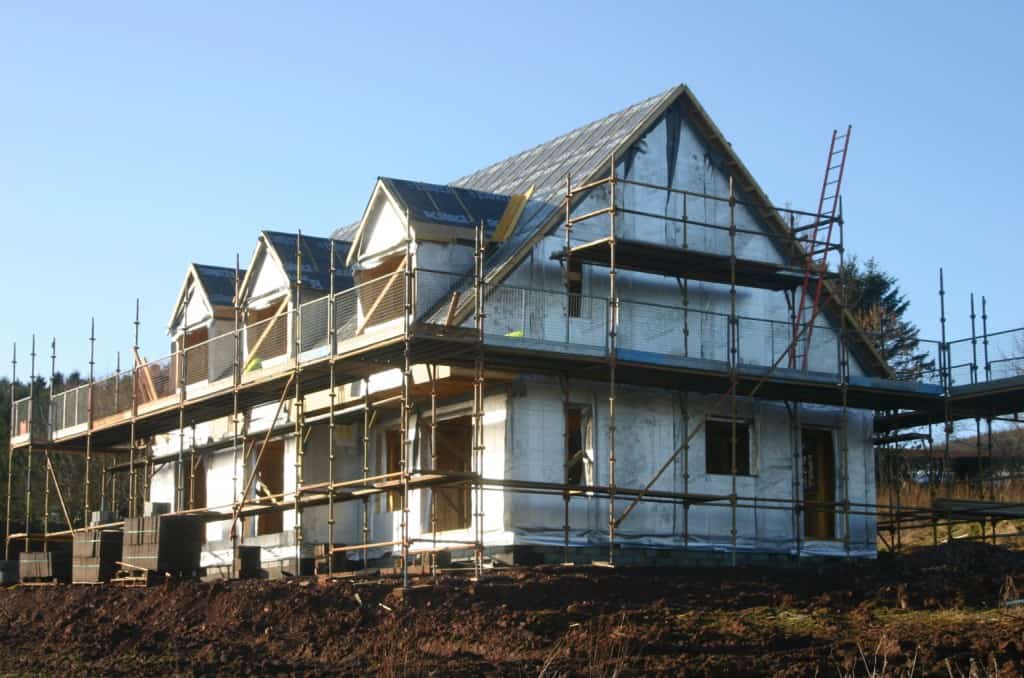
- Employment Opportunities. The consistent growth, in industries like defense, government and technology ensures unemployment rates and stable wages. Various employment centers are distributed throughout the state.
- Geographic Advantage. Its proximity to Washington D.C. And cities along the East Coast makes it an attractive location. The mild climate allows for year activities and the state boasts beautiful landscapes in many areas.
- Housing Affordability. Although housing prices can be high in the regions other parts of Virginia offer home values relative to income levels. Property appreciation also tends to outpace inflation over the term.
- Tax Considerations. Property taxes may range from moderate to high. Virginia does not impose a state income tax resulting in a tax advantage compared to certain other states.
- Education Quality. The public school system is considered above average with numerous rated school districts available. Additionally there are world class private schooling options present.
- Amenities Galore. Virginia features airports, seaports, highways, recreational areas and cultural attractions spread throughout the state.
Taking into account job prospects, geographical advantages and overall quality of life factors like these make Virginia stand out as one of the premier states, in the country for individuals considering purchasing or owning a home.
What Style Home is Most Expensive To Build?
In general constructing a custom luxury mansion or estate home is usually the style of house to build. These upscale residences tend to drive up construction costs due, to factors;
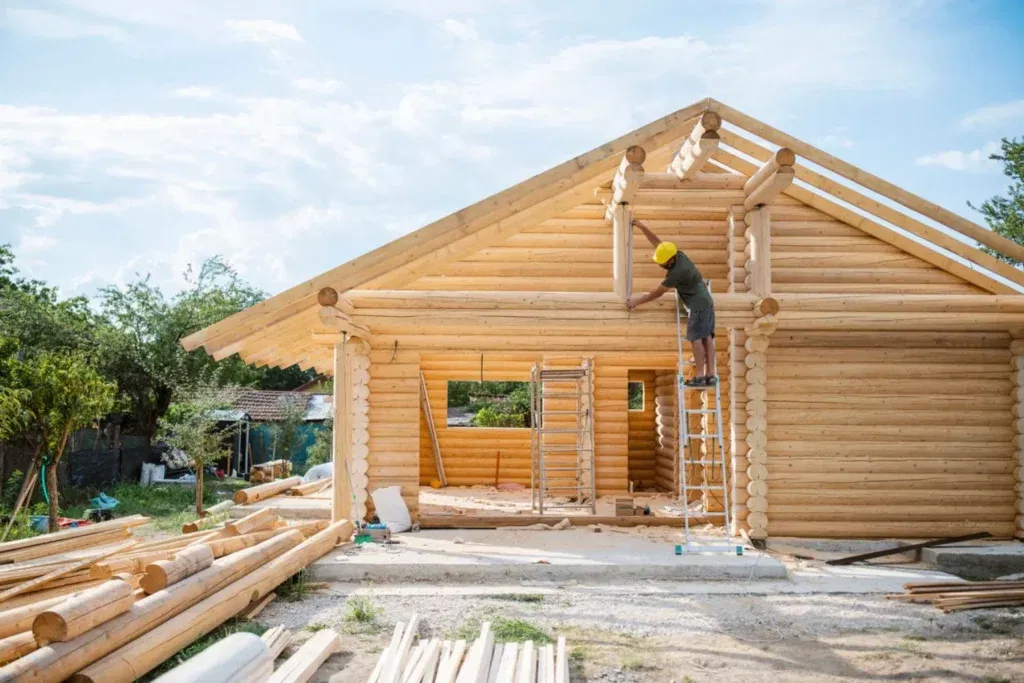
- Premium Materials; The use of stone, metalwork, high end flooring, fixtures and appliances significantly increases the overall expenses.
- Intricate Designs; Elaborate architectural elements, detailed floorplans and custom millwork require investment.
- Size Matters; The the house, the higher the cost per square foot. Homes exceeding 5000 sqft can easily surpass $1 million.
- Extra Features; Luxuries like swimming pools, home theaters, wine cellars and elevators are all considered premium additions.
- Craftsmanship; Exceptional finish work involving stone masonry, woodworking and artisanal trades necessitates expert labor.
Due to these factors constructing a high end custom estate or luxury home typically exceeds $500 per foot. Can range from $750K to, over $5 million depending on the quality of finishes amenities offered and level of craftsmanship involved. It represents one of the costly building endeavors.
Can You Build A Modern House On A Budget?
It is possible to build a modern style home on a relatively tight budget by making strategic choices in design and materials. Here are some tips for build a house in Virginia:
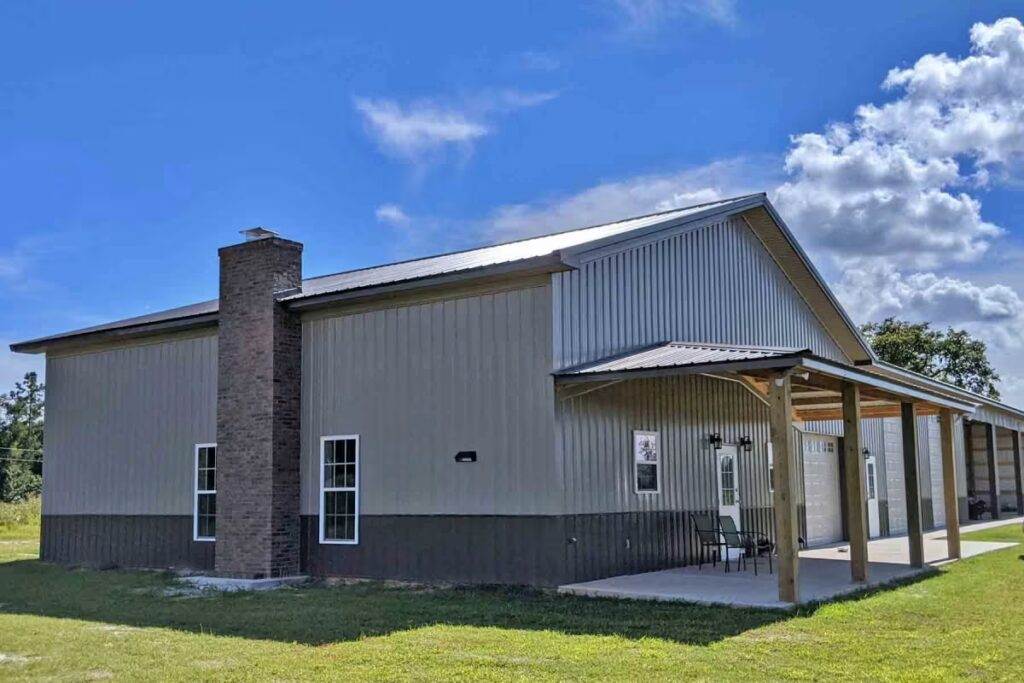
- Opt for a smaller square footage, like 1500-1800 sqft, to reduce costs.
- Use cost-effective modern materials like cement fiber siding, steel beams, and concrete.
- Incorporate open floorplan concepts but avoid unnecessary architectural details.
- Source lighting fixtures and appliances from affordable modern brands.
- Prioritize function over form with cabinets, countertops and fixtures.
- Scale back on frills like premium fixtures, unnecessary tech integrations.
- Value engineer the design with the builder for potential cost savings.
What is The Cheapest Type Of House To Build Per Square Foot?
The most budget friendly type of house to construct per foot is typically a single story ranch home, with a basic rectangular design and traditional stick built construction. This cost effective floor plan is favored for reasons;
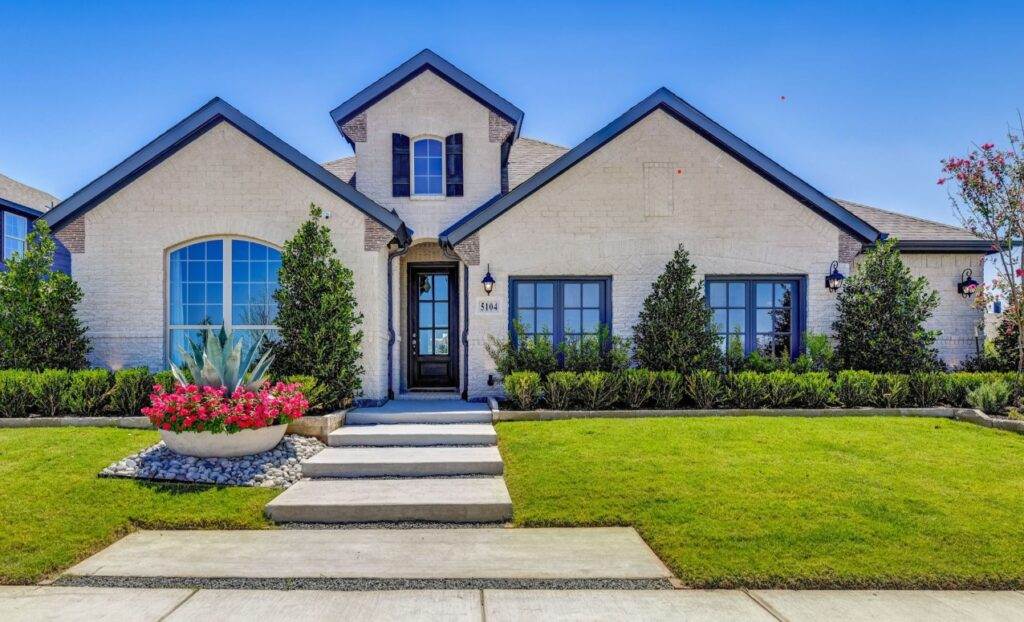
- No Multiple Floors; Ranch homes are all on one level eliminating the need for structural components like extra stories, stairs and railings.
- Straightforward Shape; A rectangular ranch design reduces wasted space from awkward angles and has uncomplicated framing needs.
- Basic Materials; With only one level ranch homes use fewer premium finishes and opt for more affordable siding and roofing materials.
- Efficient Build; The open layout of ranch homes allows tradespeople to work efficiently without the coordination challenges of multi story buildings.
- Simplified Features; Ranch houses generally have modest kitchens, bathrooms and systems compared to larger residences.
Typically a basic 1,000 1,500 square foot ranch home can be constructed for $100 125 per foot. Larger ranches spanning up to 2,000 feet might cost around $150, per foot. This affordability makes single level ranch homes one of the housing options available.
Final Thought
Certainly Virginia offers a plethora of choices for constructing your residence. At WellCraft Kitchens and Baths our team is dedicated to assisting you in creating and constructing a home that aligns with both your preferences and financial means. With our skilled professionals boasting experience, in crafting functional and cost effective living spaces of various dimensions we invite you to visit one of our design studios to discuss your project at your earliest convenience. We’d love to share some ideas and provide a free in-home consultation about build a house in Virginia.
